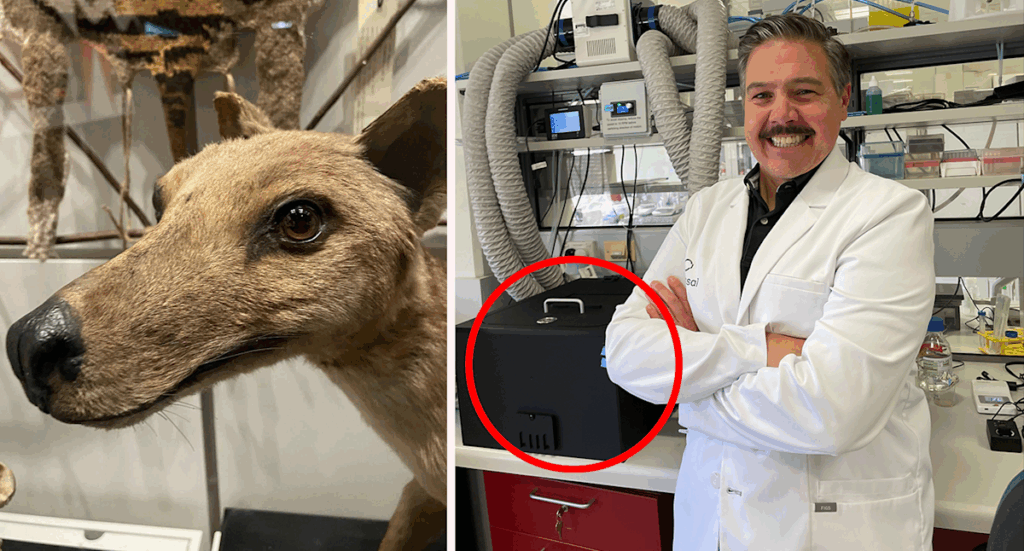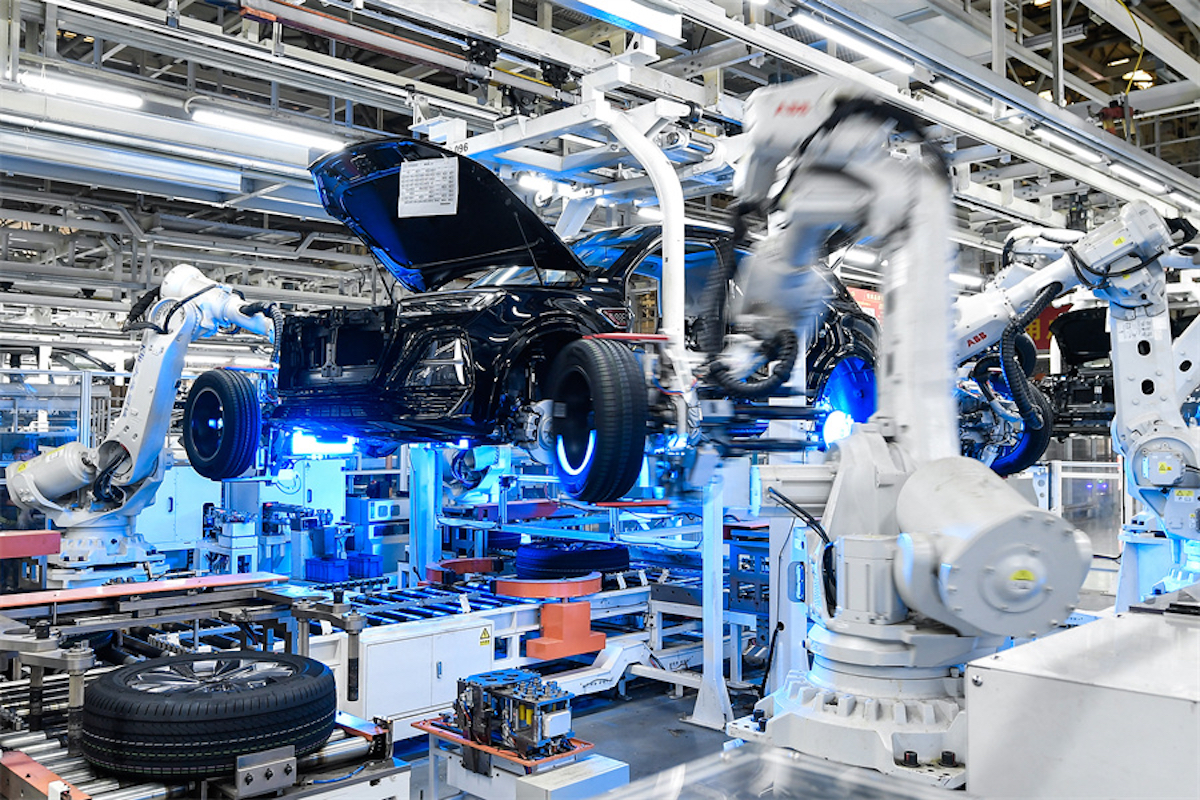
Investment by Colossal Biosciences into an Australian lab to help recreate extinct animals could have major ramifications for living species, including humans. The Texas-based biotech company is expanding its research at Melbourne University, focusing on de-extinction projects for species like the Tasmanian tiger, woolly mammoth, dodo, and moa.
Professor Andrew Pask, now Colossal Biosciences’ Chief Biology Officer, will oversee these ambitious projects. He highlights the urgency of the investment, noting Australia’s high extinction rate. “The risk to our wildlife in particular is extreme,” he stated, emphasizing the potential impact of the company’s technological advancements on existing species.
De-Extinction and Conservation Efforts
The announcement comes as Colossal Biosciences plans to use DNA engineering technologies developed for the thylacine project to help other endangered species. For instance, they aim to design resistance for the northern quoll against toxins from invasive cane toads. “It’s predicted to go extinct in the wild within the next 10 years if we can’t make these [gene] edits and get our animals out there,” Pask explained.
Meanwhile, efforts are underway to genetically engineer frogs to resist the deadly chytrid fungus, which has already led to the extinction of several Australian species. Pask noted, “[Colossal] is really moving the needle in terms of the conservation space.”
Restoring Ecosystems
Pask’s motivation extends beyond de-extinction to restoring ecosystems. The extinction of the thylacine, for instance, has disrupted Tasmania’s ecological balance, potentially contributing to the spread of facial tumour disease in the Tasmanian devil. “We’re really shifting the focus now from learning a lot about old genomes, extinct species and lost diversity, to actually bringing those animals back into existence,” Pask said.
Innovations in Artificial Gestation
Under the new agreement, Melbourne University’s Thylacine Integrated Genomic Restoration Research Lab will be renamed Colossal Australia, with revamped facilities. The investment will advance artificial gestation technologies, enabling the growth of embryos in culture and their development in artificial wombs.
Pask described the potential of these technologies as “mind-blowing,” despite their current unassuming appearance. Once fully developed, these artificial wombs could be a “game changer” for species conservation, allowing for the mass release of animals like the Tasmanian devil back into the wild following disasters.
Potential Human Health Applications
While the primary focus is on marsupials, the technology could eventually benefit non-marsupial mammals, including livestock. Pask also sees potential applications in human health, particularly for preterm births. “There are a lot of health implications for babies who were born very prematurely, and being able to have proper artificial wombs would be an amazing breakthrough,” he said.
Looking Forward
Colossal Biosciences’ ambitious projects not only aim to revive extinct species but also to bolster conservation efforts for existing wildlife. With significant funding and cutting-edge technology, the company is poised to make substantial contributions to biodiversity and ecosystem restoration. As these projects progress, their implications for both wildlife and human health continue to unfold.






